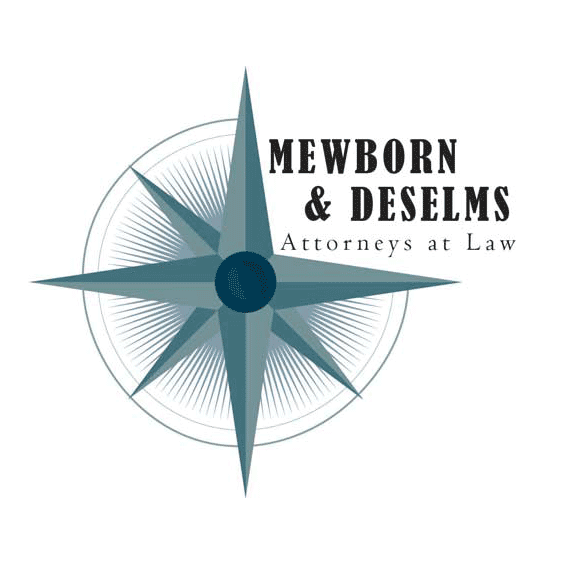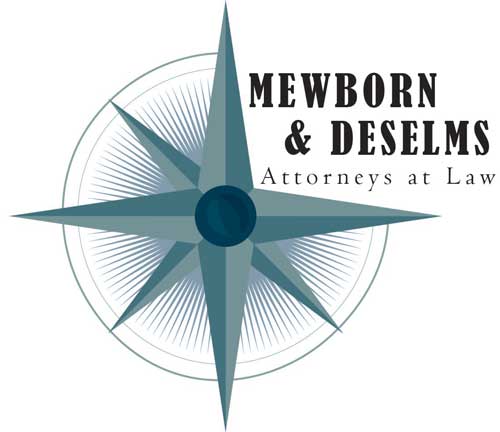If you are buying a home for the first time, you may not be aware of the legal issues associated with a real estate purchase. For example, did you know that North Carolina law requires sellers to disclose certain things about the property?
Understand what the state says about disclosures before negotiating a purchase contract.
The Residential Property Disclosure Act
Under this North Carolina law, anyone selling a residential property must complete a specific form that details the property conditions and lists present defects. The seller must provide you with a copy of the disclosure form in writing when or before you make an offer to buy the property. If you do not receive the disclosure when you make the offer, you will have three days to rescind your offer in writing once you do receive it.
Required disclosures
The North Carolina residential disclosure form documents the complete condition of the property, including but not limited to:
- The sewage, plumbing and electrical system
- The presence of pests or noise pollution
- The presence of tax or other liens
- Existing lawsuits that involve the home
- Rules and regulations of the homeowner’s association, if any
- The condition of appliances
- Any known defects
- Whether the property includes gas, mineral or oil rights
Keep in mind that this form covers only defects and problems of which the seller is aware. He or she does not have to have an inspector complete the disclosures. For this reason, you should have an independent inspection before you decide to move forward with a real estate purchase.


